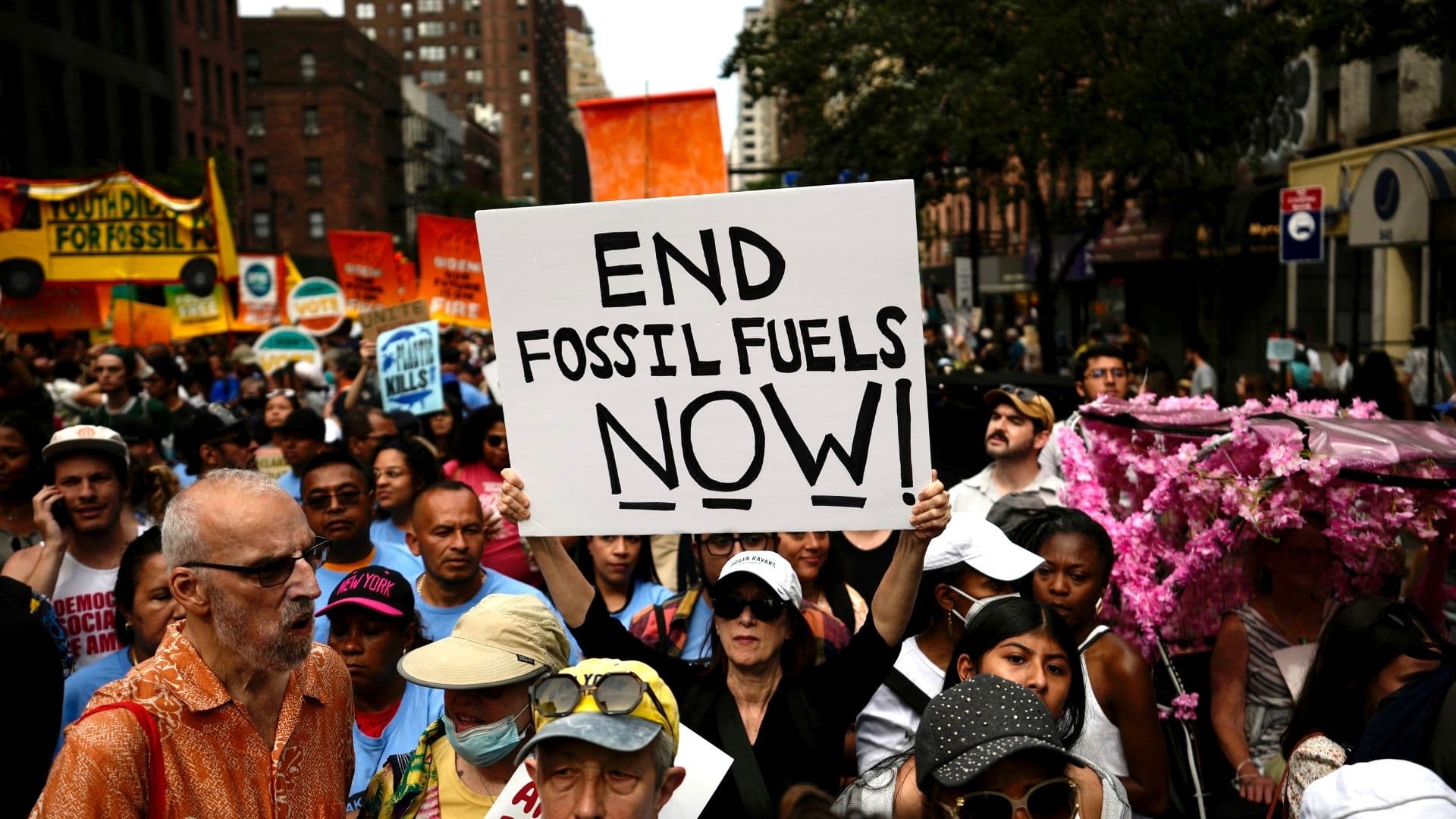Fresh strikes in southern Gaza deepen doubts about fragile truce
Israeli airstrikes on November 20 struck Khan Younis and nearby towns in southern Gaza, killing civilians and wounding dozens in a blow to a U.S. brokered ceasefire. The renewed violence risks disrupting humanitarian access and could unravel a pause that had briefly eased suffering for thousands.
On November 20 Israeli airstrikes swept through Khan Younis and adjacent towns in southern Gaza, killing civilians and wounding dozens according to Gaza health officials and medics. Local tallies varied widely, citing anywhere from four to more than two dozen fatalities, reflecting the chaos that followed the strikes and the difficulty of verifying figures in areas with disrupted communications.
Israeli forces said the strikes targeted militants and were carried out in response to gunfire directed at troops. Gaza health officials said civilians were among those killed, and medics described scenes of families searching through rubble for relatives. Hospitals in the south continued to treat the injured on limited supplies, with medical staff stretched thin after weeks of conflict and a fragile pause that had allowed some aid to trickle into the territory.
Both Hamas and Israeli authorities accused each other of breaching the U.S. brokered ceasefire that had been holding only tenuously. International mediators warned that the renewed attacks risked destabilizing humanitarian access as well as the pause in large scale hostilities. Aid groups and diplomats have repeatedly emphasized that even brief escalations can close crucial land crossings and hamper deliveries of food, fuel and medical supplies to Gaza’s densely populated communities.
The strikes underscore the fragile nature of negotiated pauses in a conflict marked by cyclical violence and deep mutual distrust. For civilians in Gaza, where years of blockade and repeated military operations have devastated infrastructure, any resumption of strikes exacerbates an already dire humanitarian emergency. Hospitals in Khan Younis and nearby districts reported rising numbers of wounded arriving through the day, and the displacement of families within the south intensified as people sought safer areas.
Legally the incidents will raise fresh scrutiny over compliance with international humanitarian law, notably the obligation of parties to avoid undue harm to civilians and to take precautions during operations. Independent verification remains difficult when access for international monitors is constrained and when communications are disrupted. That uncertainty complicates efforts by mediators to establish a common factual basis for renewed negotiations.
Diplomatically the strikes are likely to generate renewed international pressure on both sides. Regional capitals that helped broker the ceasefire had warned that its survival depended on strict adherence. Any perception that one party is exploiting the pause risks unraveling the fragile consensus that permitted limited relief operations to proceed. For Israel, maintaining public security and responding to attacks against its forces remain political imperatives, while for Gaza’s civilian population protecting lives and preserving access to aid have become existential concerns.
As relief organizations try to assess damage and reestablish supply routes, the immediate outlook hinges on whether the parties can rein in retaliatory measures and allow mediators to convene quickly. Without a swift deescalation, the limited respite that had briefly eased suffering in southern Gaza could collapse, renewing a wider cycle of violence with regional ramifications.

